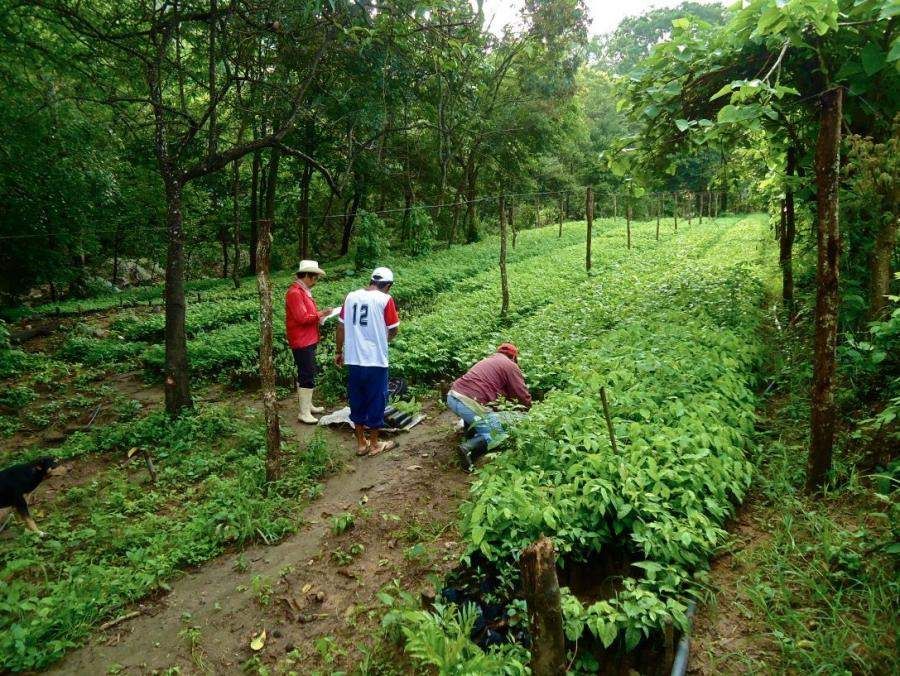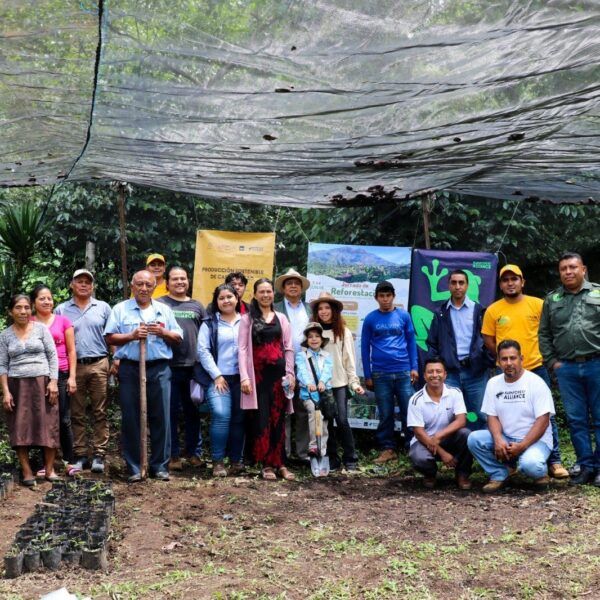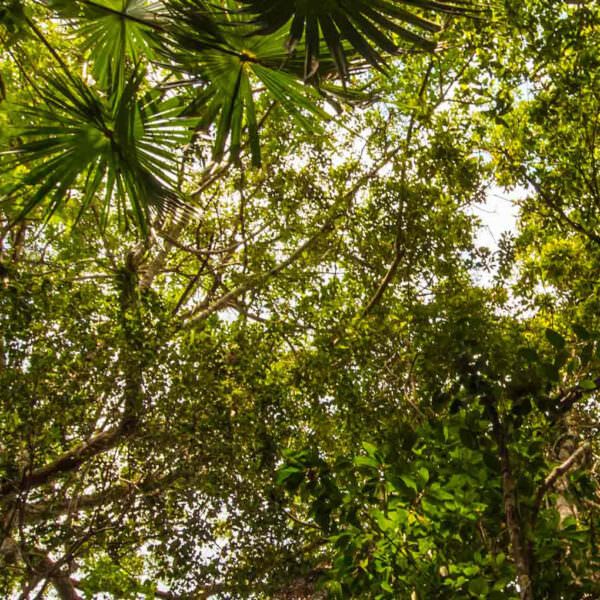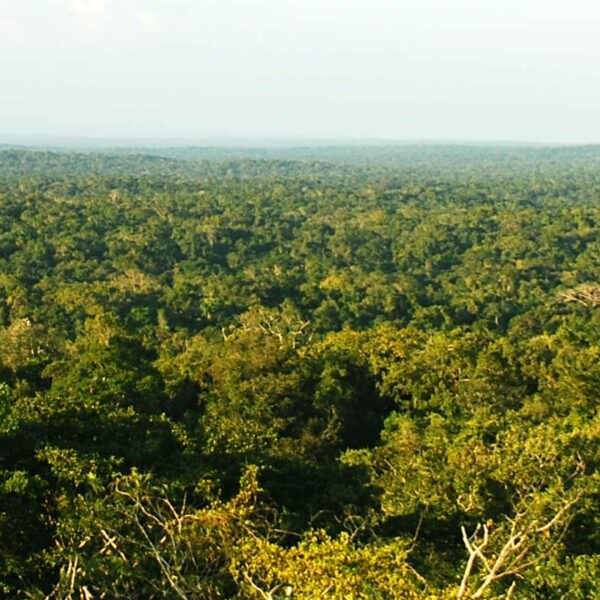The mechanism for the Reduction of Emissions from Deforestation and forest Degradation (REDD+) emerged at the United Nations Framework Convention on Climate Change as a global option to mitigate climate change.
This mechanism seeks to slow, stop, and reverse atmospheric carbon and the loss of forest cover. It also recognizes the importance of forests for their biodiversity and for providing a livelihood to communities around the world.
In Mexico, changes in land use represent the fourth largest source of greenhouse gas emissions (GHGs); therefore, it is essential to promote sustainability in rural areas by bringing together a variety of stakeholders to combat climate change.
The Mexico REDD+ Alliance (MREDD) is a consortium of non-governmental organizations and it has support from the Global Climate Change Program of the United States Agency for International Development (USAID). MREDD works on three levels (local, state, and national) to test tools and models locally and provide lessons learned for refining state and national strategies. This multi-level work fosters local involvement in implementing strategies to reduce deforestation and promote sustainable production, as well as influencing public policies at national and state levels.
Location
Mexico
Project Objectives
- Strengthen rural development and low-carbon forestry through the promotion of best practices in the field.
- Promote and support knowledge transfer and capacity building, especially in rural and indigenous communities and organizations in the country, as well as government entities at regional, state and national levels.
- Contribute to the preparation and implementation of Mexico’s national REDD+ strategy. State and regional initiatives seek to support the corresponding governments and civil society actors in designing REDD+ strategies for the regions in which they work.
Partner communities
The Mexico REDD+ Alliance works with communities, ejidos (community-owned lands), and forest owners in Mexico, along with federal, state, and local governments, in particular with the Secretariat of Environment and Natural Resources (SEMARNAT) and the National Forestry Commission (CONAFOR). Currently, work is being carried out in three states of the Yucatan Peninsula (Campeche, Quintana Roo and Yucatan), Oaxaca, and Chihuahua.

Goals/Desired Impacts
The main lines of action of the Mexico REDD+ Alliance are supporting the establishment of a national REDD+ system in Mexico and sub-national REDD+ models in key states and regions, implementing climate-effective rural development models that improve livelihoods in communities while helping to conserve forests, and contributing to the development of institutional capacities for long-term REDD+ implementation.
To achieve these goals, the Mexico REDD+ Alliance works in five Areas for Priority REDD+ Action (Spanish acronym AAPR). These areas were selected to represent the country’s environmental diversity in temperate forests and jungles, and in turn, the socio-cultural and organizational diversity of the communities that inhabit them.
In the AAPR, REDD+ seeks to establish conditions and capacities for sustainable rural development and best practices for the mitigation of climate change, sustainability, and the well-being of communities. These areas are: the Sierra Rarámuri in Chihuahua, the Cutzamala System in the states of México and Michoacán, the Forest Communities of Oaxaca, the basins of Sierra Madre de Chiapas, and the Puuc-Chenes region in Yucatan and Campeche.
In collaboration with landowners, civil society organizations, universities, municipal and state governments, the areas for priority attention allow the identification of best natural resource management practices, which are analyzed for their sociocultural and financial viability as well as their climate effectiveness.
Partner Organizations
- The Nature Conservancy (TNC) – lead organization
- The Woods Hole Research Center
- Espacios Naturales y Desarrollo Sustentable (ENDESU)
Funder
United States Agency for International Development (USAID)
Rainforest Alliance Contact
Maira Monroy mmroy@ra.org





